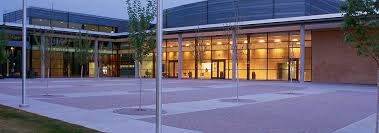School and Teens

From the ages 5 to 18, most people’s lives revolve around school. Being a student takes up most of your early life, and the objective of school is to prepare children for life. However, when thinking about the things required in school, many students ask the questions “when will I use this in the future?” and “why don’t I learn the things that I have to do as an adult?” leading students to think that schools can do more harm than good when it comes to future success.
Curriculums in Oregon are made with a team of people ranging from teachers, to admin, to workers from Oregon Department of Education. Using the Common Core standards our state adopted in 2014-15, the team finds ways to build up the curriculum to fit those standards.
Some students genuinely show frustration they feel about the curriculum, like Spencer Persad a sophomore from Milwaukie High School, “some curriculums are spot on, but there are some that I don’t know where we would use it in real life… I get it’s our history, but how is that going to help now?” Agreeing with Spencer is Collin Herrera, a freshman from MHS says, “It’s so unfair that we are expected to know how to do things adults do, like some type of trial and error…. In all honesty, get rid of study hall and make students take a class that teaches you how to become an adult.”
Libby Miller is the Executive Director of Middle School Programs, and the creator of the Wednesday Morning Advisory Group. The Wednesday Morning Advisory Group opens up a place where middle school students can share their input about school and how they believe it could affect the community. “The adults that work with kids need to know that they should be more included,” says Miller, agreeing that students should have the opportunity to be more involved.
We’re living in a world where students are activists and leaders. Now more than ever, it’s important to understand the worldview of students- how they see the world, what they want to learn, how they want the world to be like, and what skills they feel should be built upon more to get there. Whenever a bullying campaign is taught in school, students are told that they know what happens inside the school before, and maybe even better than the surrounding adults. Students are needed to better understand students.
